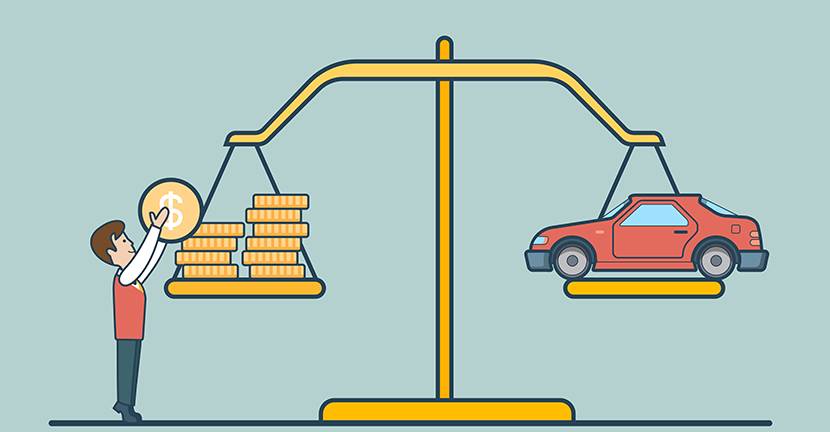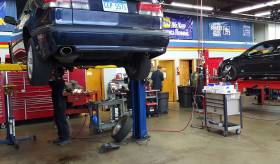How Do I Know What My Vehicle Is Actually Worth?

Finding out the actual cash value of your vehicle can be a confusing process. Once insurance company may say the value is X and another company may say the value is Y. But why are they different and what does find the actual cash value of my vehicle mean or do for me?
What does ACV or Actual Cash Value Really Mean?
The actual cash value of your vehicle or the ACV is just the number that your car is worth at the time that the assessment is made. Most people think that if they bought a car for a set price then it is worth that set price years down the road. Unless you have an exotic or collectible car then that is not the case. In most cases of standard vehicles, the car is going to depreciate in value or go down from its original price.
Imagine you go to a car lot and find the perfect car. You are in love with it and you buy it and take it off the lot. Well, the car that you just paid for could have depreciated in value just leaving the lot by up to 30%! Even though you just bought your beautiful and “brand new” car, once it is off the dealerships lot it is considered used and therefore assessors are going to take that into account.
Knowing your actual cash value or ACV is important for you for one main reason. If you end up totaling your car for any reason your insurance needs to know what your car is worth so they can either replace the vehicle or give you a sum to either replace it or do with what you wish. Understanding what ACV is and how it is calculated can help you in negotiations to get the best value for your vehicle when it comes time to have this talk with your insurance company.
How Is the Actual Cash Value Determined?
There are quite a few figures that come into play when an assessor and an insurance company are trying to figure out what they should pay should the need arise. There are calculations and steps they take. Here are a few basics that they take into account when they want to give you an ACV number.
- Age: The age of your vehicle is important when deciding on an ACV. The older your car is the less your ACV will be just based on wear and tear on the vehicle alone.
- Maintenance of The Vehicle: How well you do the upkeep on your car is going to affect your ACV. Are you going to get an oil change early or on time? Do you make regular visits to get your car seen and realigned, tires changed, and filters and fluids all checked? If so then it shows that your car is well maintained which will work in your favor.
- Model of Vehicle: The model of vehicle that you buy can affect your ACV. If you buy a model of vehicle that has been recalled due to issues, then your ACV will be lower. This is something you may not be able to help sadly.
- High or Low Mileage: The lower your mileage the less wear and tear on your car. Lower mileage on your vehicle before you get it assessed is the best.
- Accidents and Damage: If your vehicle has never been in an accident or been damaged then your ACV will be better suited in your favor. Having a clean record means that the car is in nicer or closer to pristine condition.
Past these, there are standardized ways to also check your ACV. Kelly Blue Book and the NADA Guide are two common standardized ways that you can get an ACV on your vehicle that ranges from pristine car to basket case car.
What If I Disagree with My ACV?
If you disagree with your ACV, you can dispute it! Here is where it gets tricky though, the insurance company doesn’t have to let you know exactly how they came to the conclusion they did so you may not know exactly what to nitpick and why. But there are some obvious things that you may see in the report like damage marked where there is no damage or a higher mileage mistake. If you disagree and want to discuss the ACV of your vehicle, ask for the report and discuss it with your insurance company to see what can be done!




Add new comment